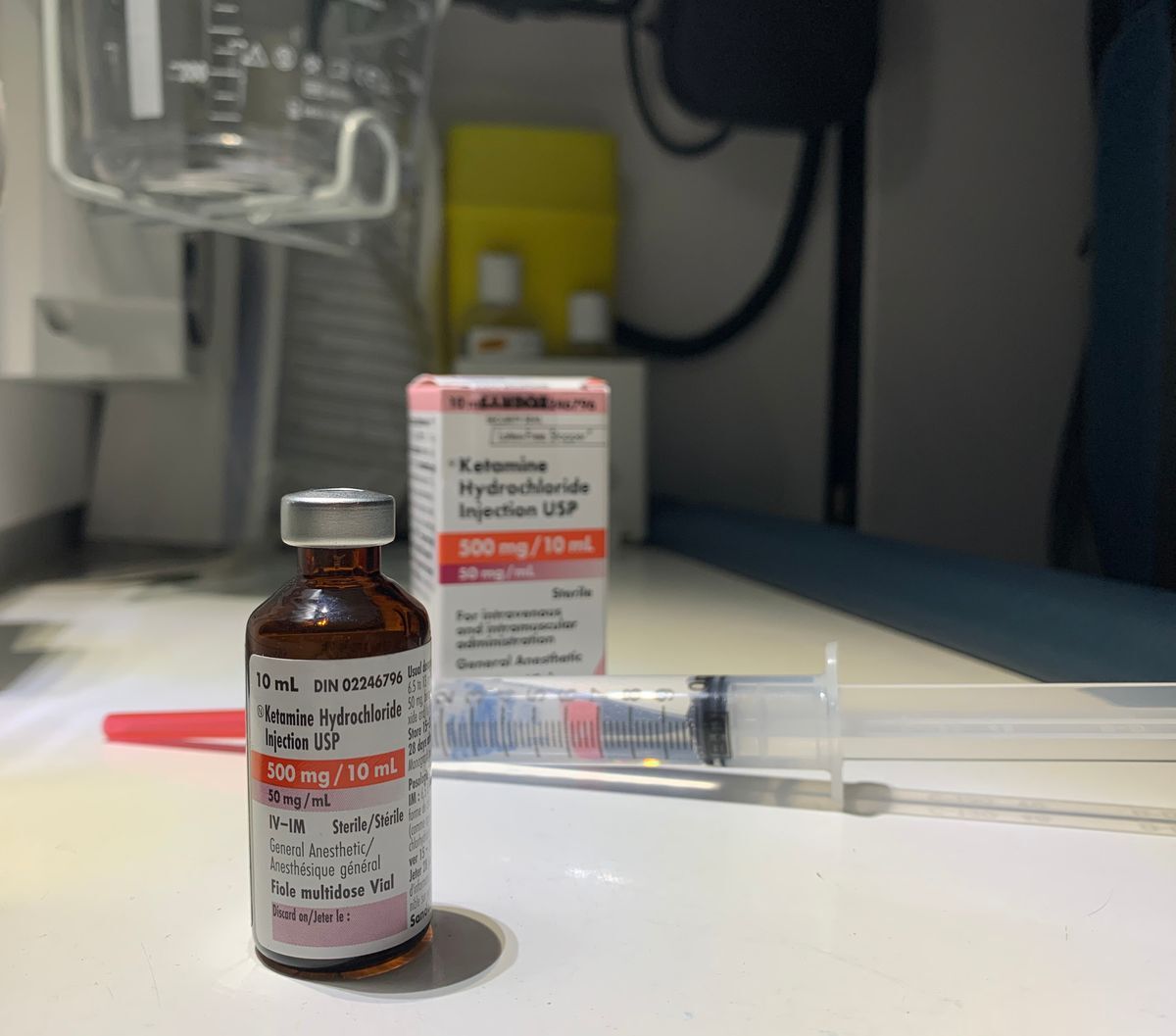In addressing treatment-resistant depression, ketamine emerges as a swift and effective solution, proving beneficial for individuals unresponsive to conventional therapies.
Advertisement
While the positive outcomes are promising, caution is advised by medical professionals. Limited data on ketamine’s application in this context underscores the importance of a thorough consideration of the drug’s associated risks before prescribing.
Global studies highlight the pervasive issue of inappropriate ketamine use, primarily attributable to its hallucinogenic properties. In light of this concern, practitioners are strongly encouraged to prioritize standard antidepressants as a first-line approach before considering ketamine for depression treatment.
About the drug Ketamine
Ketamine, initially designed as a dissociative anesthetic, has evolved into a versatile compound with applications in both the medical and recreational spheres.
Derived from phencyclidine in 1962, ketamine aimed to be a safer anesthetic with reduced hallucinogenic effects. Today, it plays a crucial role in medicine, inducing dissociative anesthesia at appropriate doses, providing pain relief, sedation, and amnesia.
Advertisement

Photo Credit: EMS 1
Remarkably, it maintains essential functions such as breathing, airway reflexes, stimulates heart function, and promotes moderate bronchodilation.
Beyond the operating room, ketamine proves valuable in treating depression and managing pain, showing promise at lower, sub-anesthetic doses for treatment-resistant depression.
However, it’s crucial to recognize that the effects of a single administration may diminish over time, leading to ongoing investigations into the long-term consequences of repeated use.
Recreational use of ketamine comes with its own set of risks. Regular users at high doses have reported liver and urinary toxicity. The drug’s action as an NMDA receptor pore blocker contributes to its hallucinogenic and dissociative effects, making it appealing to those seeking recreational experiences.
The use of ketamine for recreational purposes underscores the importance of understanding potential dangers. Like any substance, misuse and excessive consumption can result in adverse health effects.
The long-term consequences of repeated recreational use are actively under investigation, underscoring the necessity for responsible and informed choices in navigating the evolving landscape of drug use.


Leave a Reply